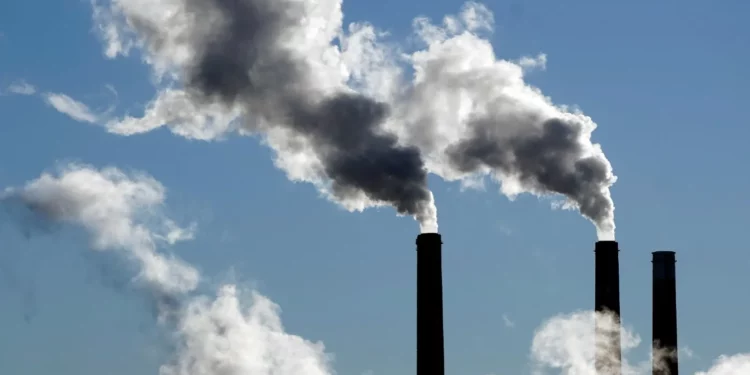Ghana to benefit from $82bn carbon credit market for Africa – UNECA
While recognizing the potential of nature-based carbon credits, the UN Economic Commission also emphasizes the need for caution and data-driven evidence.
- Advertisement -
In a pivotal revelation at the 2023 United Nations Climate Change Conference (COP 28) in Dubai, the United Nations Economic Commission for Africa (UNECA) asserts that Ghana and other African nations stand to unlock an impressive $82 billion per year from carbon credits.
The Commission is fervently advocating for the establishment of a comprehensive carbon market, positioning it as a sustainable financing mechanism to supplant traditional official development assistance to African countries.
- Advertisement -
The Government of Ghana has already taken a significant stride by approving the transfer of mitigation outcomes for a second project to Switzerland. This initiative involves Ghana exchanging carbon credits for payment while strategically retaining developmental benefits domestically.
- Advertisement -
The project focuses on transforming Ghana’s waste sector, creating premium organic fertilizer, and generating over 1000 direct jobs, with a particular emphasis on women’s employment.
Speaking at the Africa Day event on the sidelines of COP 28, Claver Gatete, Executive Secretary of the United Nations Economic Commission for Africa, underscores the immense potential of developing the African carbon market.
- Advertisement -
Mr Gatete emphasizes that at $20 per ton of nature-based carbon credits, Africa could generate $82 billion annually—a figure surpassing official development aid.
The Economic Commission is committed to supporting initiatives, including developing a carbon registry and transparency protocols, to ensure Africa’s high-integrity participation in carbon markets.
While recognizing the potential of nature-based carbon credits, the UN Economic Commission also emphasizes the need for caution and data-driven evidence. The Commission advocates for addressing asymmetry between demand and supply, ensuring high-integrity credits for Africa’s participation in carbon markets.
- Advertisement -


